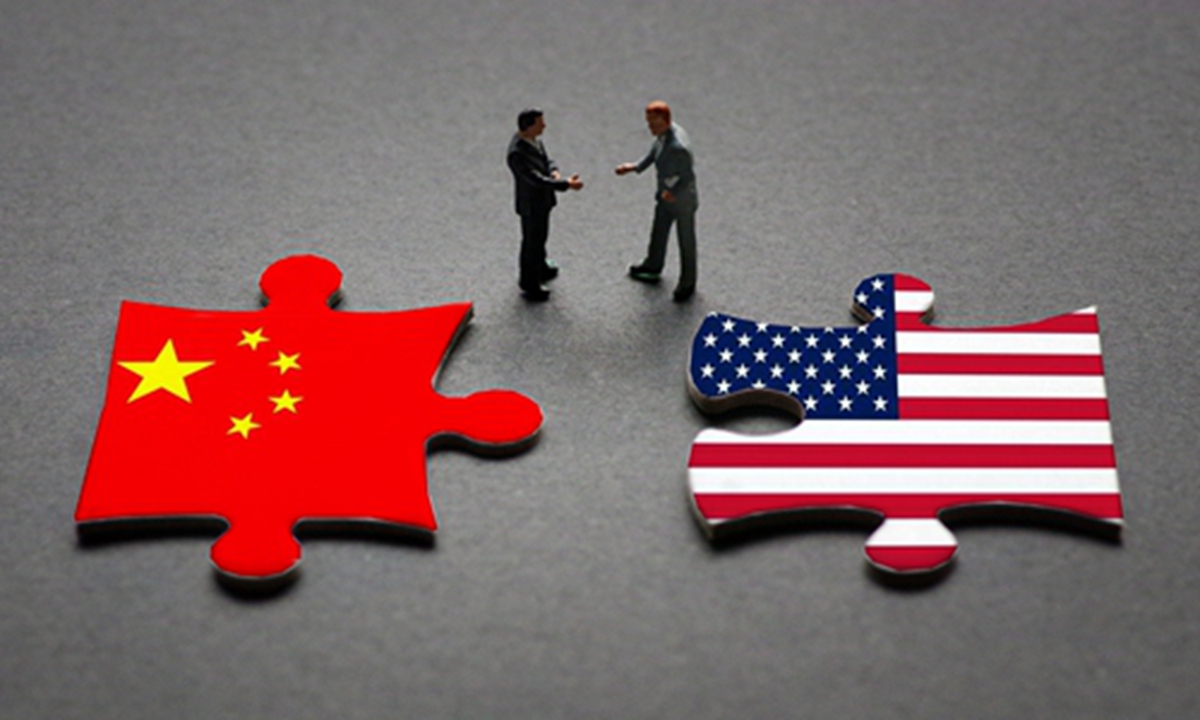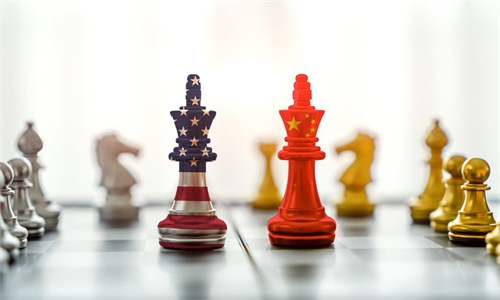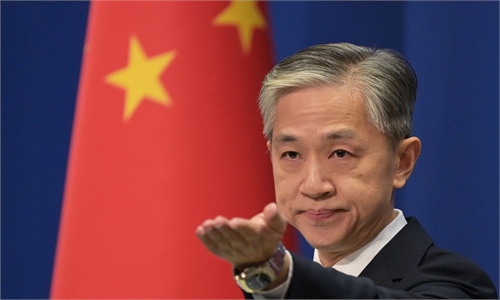
Photo: IC
After my article "Why China's People No Longer Look Up to America" was published in The New York Times earlier this month, I have received letters from readers in over a dozen countries and thousands of comments on various new media platforms. Most of them are positive feedback. It is also estimated that at least 10 million people have read this opinion piece, making the article one of the most influential Chinese op-eds in recent years.It is currently rare for a Chinese scholar to publish commentary in a mainstream US media outlet. I want to express my gratitude to editor Dan Martin.
A friend of mine said that the greatest significance of this comment is to let American elites hear the Chinese people's disappointment in the change of the US in recent years and Chinese people's expectations of the future China-US relations.
In my opinion, the more important point is that this article reflects the efforts and courage of people of insight from China and the US to promote social communication between the two countries.
It took about two months for the article to be published. The hesitation and diverse opinions about this article within The New York Times op-ed department can only be imagined. After all, it criticizes the US from a typical Chinese perspective. Hence, I understand why The New York Times added a special logo in the author's description - "a Communist Party member and a former chief opinion editor of The Global Times, an arm of the official Communist Party newspaper, The People's Daily."
Through such a way of handling, we can see the precaution and anxiety of American public opinion toward China, as well as the hostility and antipathy of some contemporary McCarthyists toward China. This, in turn, further reflects the sincerity and bravery of The New York Times in publishing this article.
As a Chinese liberal intellectual has asked, does a Chinese mainstream media outlet dare to publish an American scholar's criticism of China? This can be relatively difficult. However, it must also be admitted that there are many American voices criticizing the Chinese government on Chinese social media platforms, such as Sina Weibo and WeChat.
The freedom of public opinion in China is not as bad as the Chinese liberals have imagined, much less authoritarian, as it is described in American public opinion.
In fact, it doesn't make much practical sense to discuss who has more freedom of public opinion. The more meaningful thing is whether the current public opinion of the two countries can be more open, and the voices of each other can be better heard.
Regrettably, due to the pandemic and the deterioration of political relations, people-to-people exchanges between China and the US have almost reached their lowest point since the two countries established diplomatic relations in 1979.
In the first half of 2022, there were no more than 50,000 people-to-people exchanges between China and the US, but in the first half of 2019, the figure was a staggering 3 million. The decline in the scale of people-to-people exchanges has directly led to the fact that current mutual understanding can only be based on limited media reports and second-hand information, rather than personal feelings.
The biggest paradox of China-US public opinion is that there are a group of people on both sides who believe that the other side is in the worst stage of their development. Quite a few Chinese people believe that the US will witness another "civil war" and will decline completely; there are also many Americans who believe that China's economic growth is sluggish and has encountered the worst situation since the reform and opening-up in the late 1970s.
The reality is far from being that simple. The US has its difficulties, but it also has innovation and hope; China does face a downward economic pressure, but it is also thriving in many other aspects.
The top priority now is letting the people-to-people exchanges between the two countries get rid of the interference of the pandemic as soon as possible. Before that, I hope that the media of the two countries will give more opportunities to the writers of the other country and express more constructive voices from the other side. After all, only by truly understanding each other can we avoid unnecessary misjudgments.
The author is executive dean of Chongyang Institute for Financial Studies at Renmin University of China. opinion@globaltimes.com.cn



